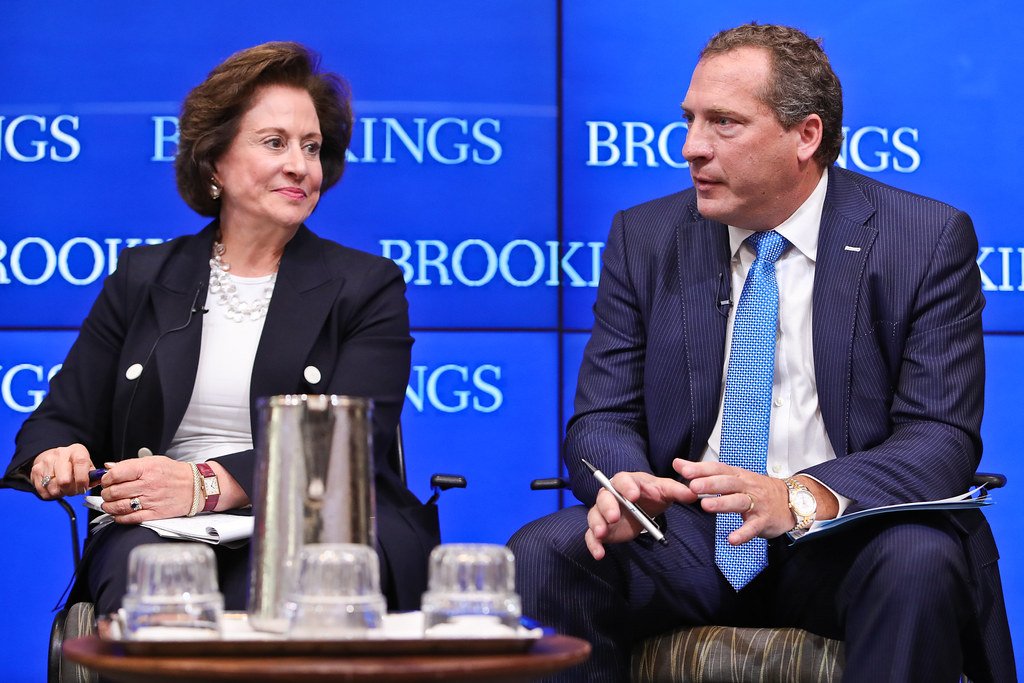In a significant turn of events, the United States government finds itself on the precipice of a financial crisis, with Moody’s, the renowned credit rating agency, issuing a stark warning. The looming threat of a government shutdown, set to take effect this weekend unless Congress takes decisive action, has sent shockwaves through financial circles. Moody’s, in a comprehensive report, highlighted the nation’s vulnerabilities, pointing out the lack of medium-term fiscal planning and a dysfunctional budgeting process in Congress.
A Troubling Outlook
Moody’s, in their evaluation, emphasized the political polarization hampering fiscal policymaking. The agency’s analysts underscored the weaknesses in the U.S. institutional framework compared to other nations holding Aaa ratings. One of the major concerns highlighted was the lack of flexibility due to soaring spending on mandatory entitlement programs and escalating borrowing costs.
Impact on Credit Ratings
Moody’s warned that a government shutdown would undoubtedly be a ‘credit negative’ for the U.S. sovereign. While immediate government debt service payments might remain intact and short-term economic disruptions could be minimal, the event would shed light on the nation’s institutional and governance fragility. Moody’s Senior Vice President, William Foster, emphasized the constraints imposed by intensifying political divisions during a period of declining fiscal strength.
Debt Affordability and Rising Costs
The report also shed light on the alarming rise in the yield of the U.S. 10-year Treasury note, soaring to a staggering 4.548%, its highest in 15 years. This surge in interest rates signifies higher costs for the government in servicing its colossal $33 trillion national debt. The Congressional Budget Office reported a $149 billion increase in interest payments compared to the previous year due to these elevated rates.
Historical Precedents
This isn’t the first time the U.S. has faced a credit rating crisis. Fitch Ratings downgraded the nation’s credit rating from ‘AAA’ to ‘AA+’ earlier this year, a consequence of the standoff over the debt limit. This downgrade mirrored a similar event in 2011, during which Standard & Poor’s lowered the rating from ‘AAA’ to ‘AA+’. Though Fitch and Moody’s maintained the ‘AAA’ rating, the incidents underscored the nation’s vulnerability to political brinkmanship.
Conclusion: A Call for Urgent Action
With the specter of a government shutdown looming large and the nation’s creditworthiness under scrutiny, urgent and decisive action from Congress becomes imperative. The world watches as the U.S., a global economic powerhouse, grapples with internal political challenges that threaten not only its financial stability but also its standing on the international stage. As the deadline approaches, the eyes of the world remain fixed on Capitol Hill, awaiting a resolution that could potentially avert a significant financial crisis.
Download our app MadbuMax on the Apple App Store for the latest news and financial tools. Interested in getting your finances in order do not forget to check Dr. Paul Etienne’s best-seller book on personal finance. To access more resources, tools, and services please click here. Also, do not forget to follow Dr. Etienne on IG or Twitter.



